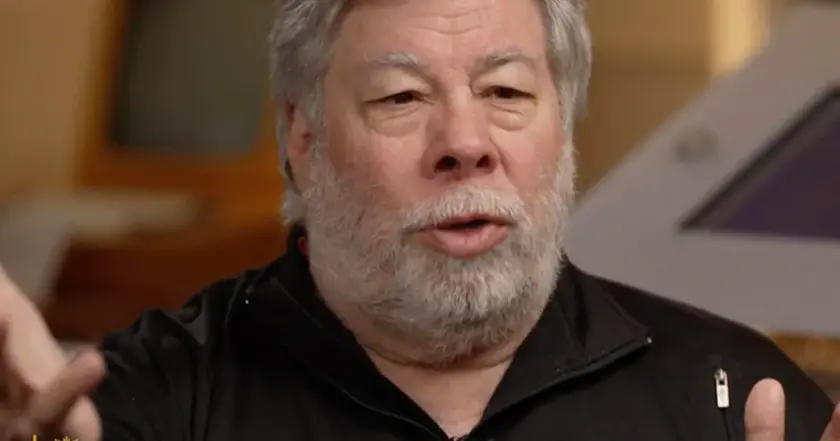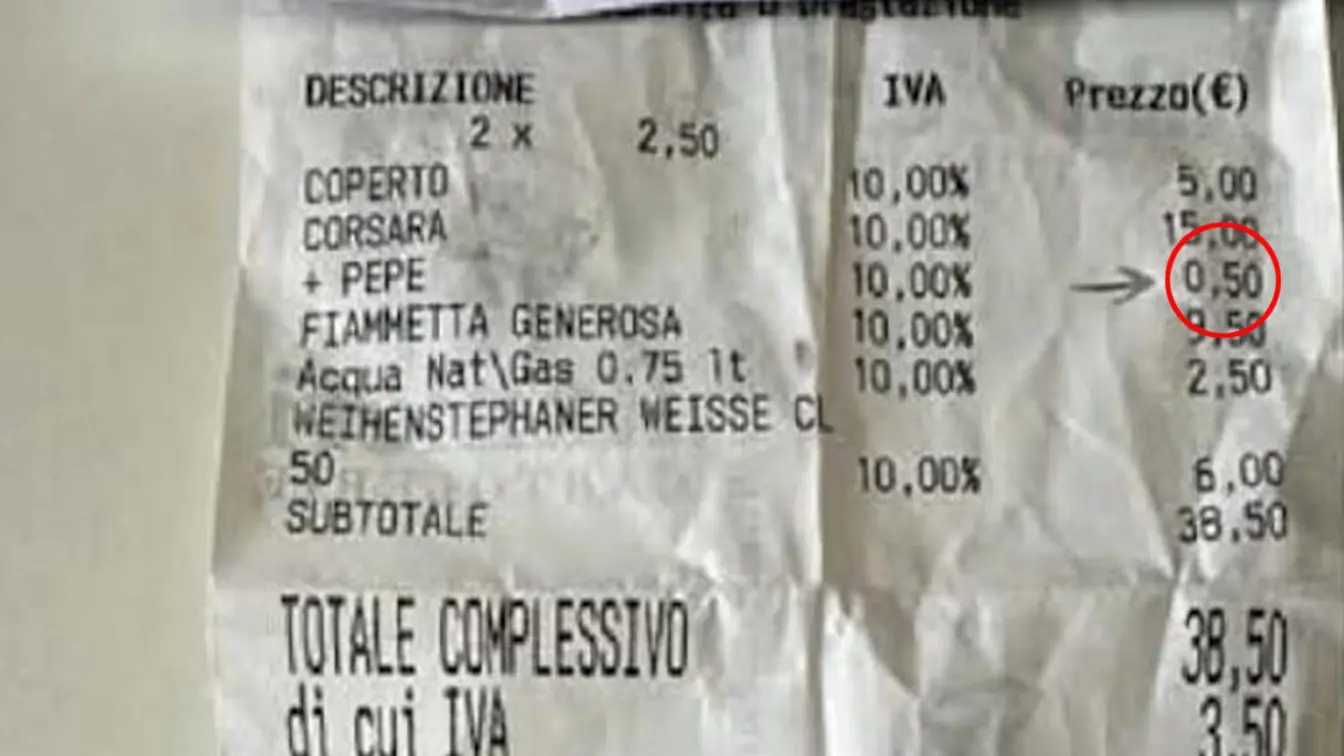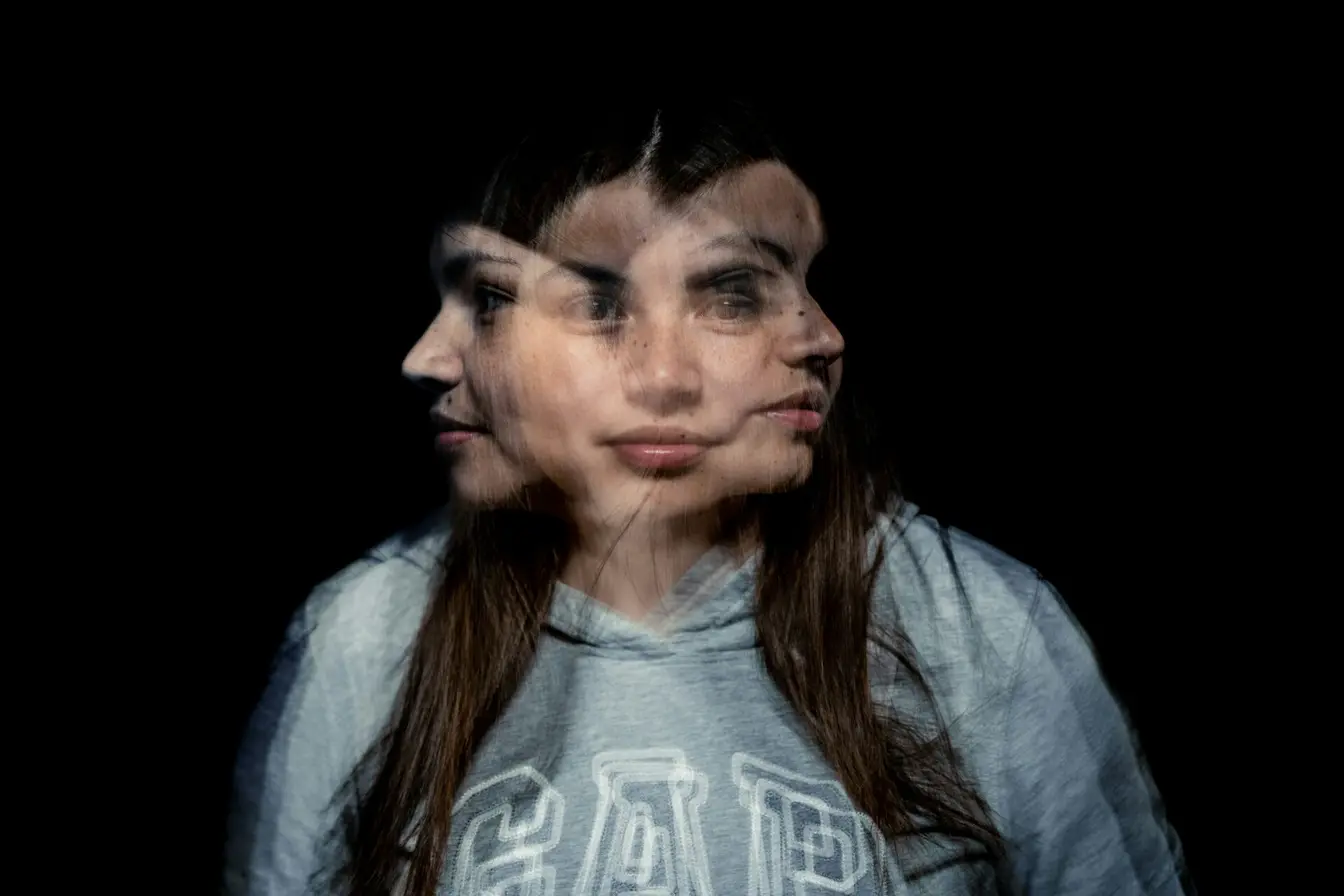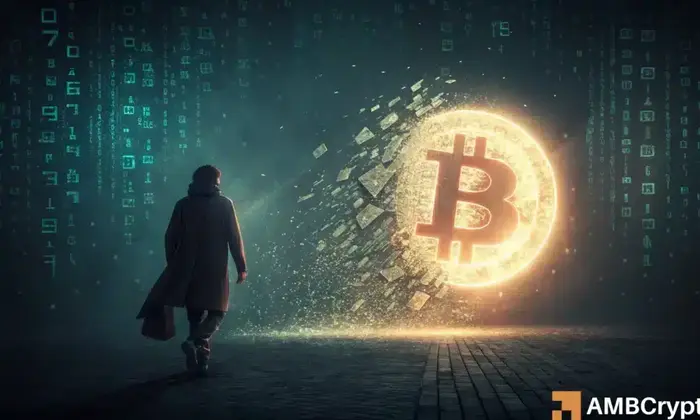T4K3.news
Wozniak highlights online scam risks
Steve Wozniak warns over viral scams and explains his lawsuit against YouTube over a bitcoin fraud using his image.

The Apple co founder flags the rise of online fraud tied to AI and cryptocurrency and outlines his battle with YouTube over scam videos.
Wozniak warns about internet scams and platform liability
At the Computer History Museum in Silicon Valley, Steve Wozniak looks back on the early days of computing and notes how the internet fueled a democratization of knowledge while opening doors to new scams. He describes AI driven impersonation and fake videos used to lure people into sending cryptocurrency, a problem he has personally confronted through a lawsuit against YouTube.
Key Takeaways
"It was good until the internet came and it offered new business models"
Wozniak on the shift from hardware to the internet era
"That's a crime"
Wozniak on impersonation and fraud
"No provider or user of an interactive computer service shall be treated as the publisher"
Quoted from Section 230 text as described in the interview
"You know, in retrospect it seems so obvious that this must be a scam"
Victim Jennifer Marion describing her realization
The episode highlights a core tension of the digital era: openness and opportunity collide with harm and deception. Lawmakers wrestle with how to regulate platforms that host user content, while victims push for faster remedies. The dispute over Section 230 shows how legal protections for platforms can slow down accountability, even as users demand clearer responsibility for fraud and impersonation online. This case connects tech history to today’s urgent questions about safety without killing innovation.
Highlights
- The internet gave power to the people, then power found a way to cheat them.
- This is fraud and it hurts real people.
- Section 230 is a shield not a solution.
- YouTube can act faster to remove scams.
Platform liability and online scams risk
The story involves legal action against a major platform and a longrunning legal framework that shields platforms from liability. This could trigger political and public backlash and ongoing policy scrutiny about how online services should handle fraud and impersonation.
The path to safer online spaces will require both legal clarity and practical action by platforms.
Enjoyed this? Let your friends know!
Related News

Man discovers he was catfished after long journey

Nigerian nationals arrested for dating scams

OpenAI CEO warns about AI fraud crisis

Rare 3DO M2 console withdrawn from sale due to backlash

Hidden pepper charge sparks online backlash

Content creator victim of AI-generated identity theft

Belgian man discovers romance scam after long journey

Keanu Reeves combats online impersonators for fan safety
